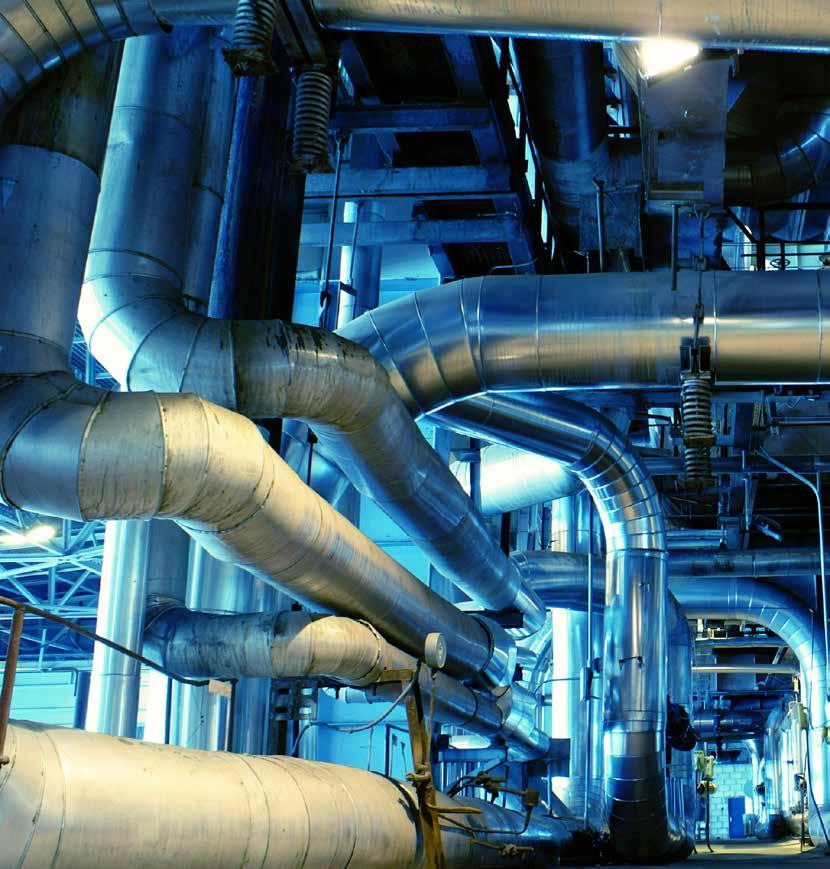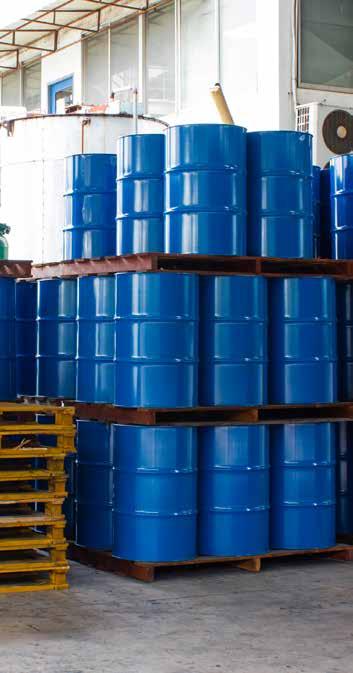
1 minute read
1.2 ORGANIZATIONAL STRUCTURE
Since 1956, a general corporation named “General Petroleum Authority” (GPA) was formed which has an independent legal form and responsible for the management of all the entities concerned with petroleum products and its derivatives, as well as performing all petroleum production activities. In 1956, General Petroleum Company (GPC) was formed as well.
In 1962, GPA’s name was changed to Egyptian General Petroleum Corporation (EGPC). In 1973, EGPC Possessed a 50 percent interest in The Arab Petroleum Pipeline Company (SUMED); EGPC then transformed from joint explorations regulator to an issuer of exploration licenses to foreign contractors. EGPC’s main role is concentrated in managing the government’s oil interests, enhancing exploration activities, prospecting for extra oil potentialities and increasing the petroleum exports revenues, and fulfilling the local demand of petroleum products. In the same year, MoP was established to mainly regulate the petroleum industry in Egypt.
Advertisement
The Egyptian System has three main licensing bodies: which are represented in EGPC, EGAS and Ganoub El Wadi Petroleum Company (GANOPE). The petroleum sector falls under 5 state-owned enterprises: EGPC, EGAS, GANOPE, Egyptian Petrochemicals Holding Company (ECHEM) and Egyptian Mineral Resources Authority (EMRA). In 2001, MoP decided to establish EGAS, as a subsidiary for EGPC, to manage and organize natural gas activities of Egypt to effectively support and build up the Egyptian economy. GANOPE, one of the five main entities of MoP, was established in 2003 as well to be responsible for supervising the upstream and downstream gas and oil various activities in Upper Egypt.

2MODERNIZATION PROJECT










